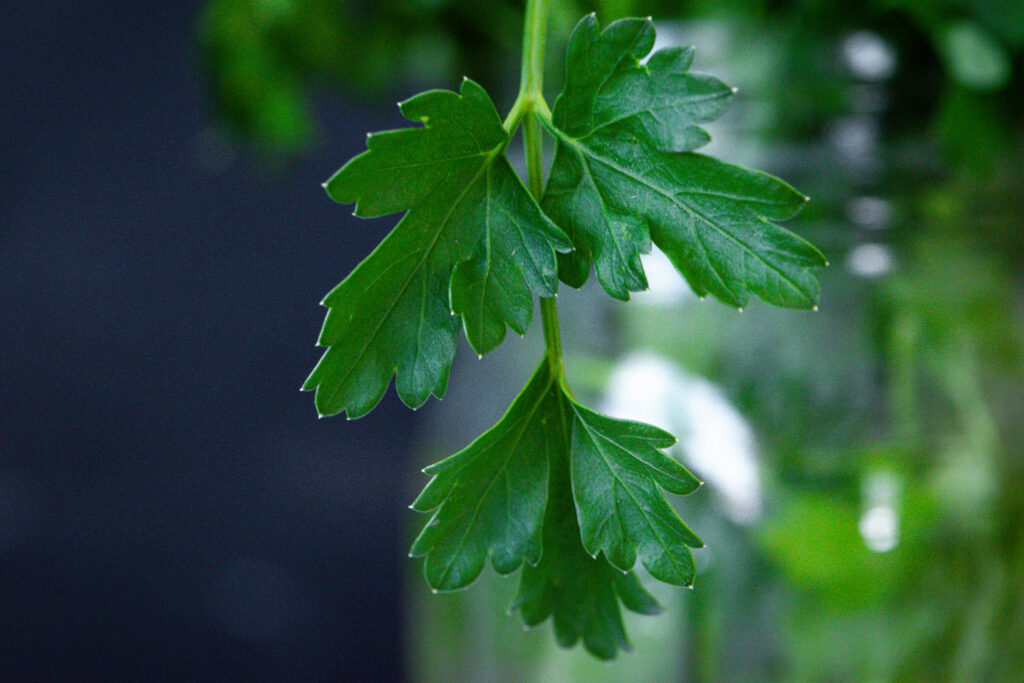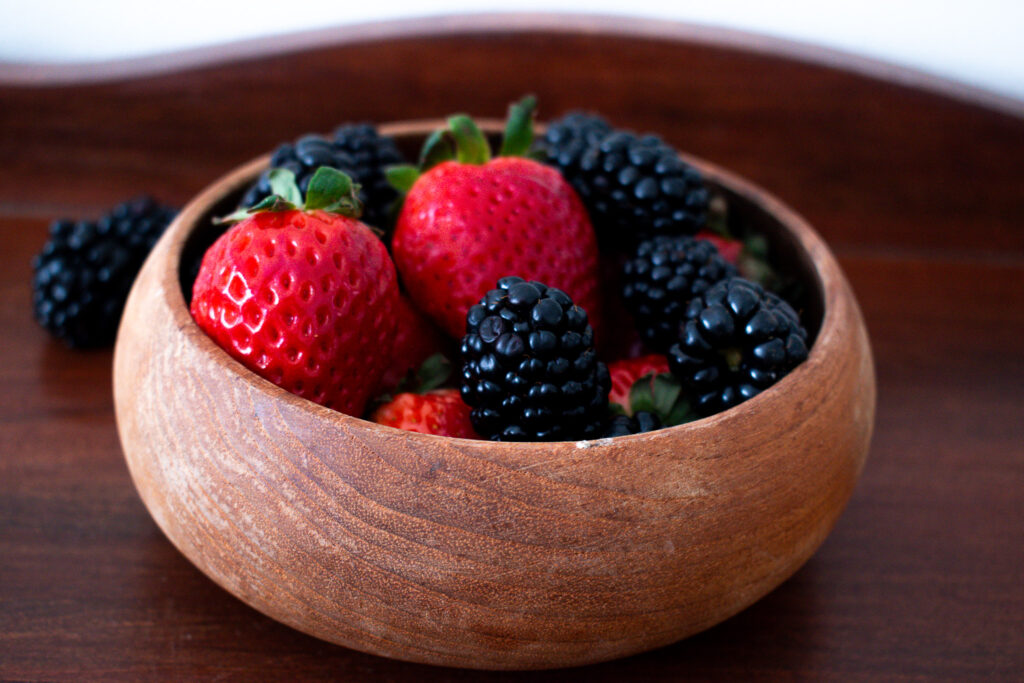The Mediterranean diet is known to be the best eating plan for those looking to improve brain performance. This also applies for those who are looking to gain control of their depression or anxiety. From fighting signs of aging and disease, to battling major depression and severe anxiety– the mediterranean diet can be your best fuel source.
In this last post, I just started pointing out the inflammatory relationship of gut:brain– as well as the brain’s dependance on gut bacteria. We can lower body inflammation in many ways, like a good night’s sleep, drawing boundaries in relationships, deep breathing, etc- but the choices with the foods we eat can be chosen to either inflame or anti-inflame.
The Mediterranean diet is not a diet necessarily, and usually referred to as an “eating pattern”. This is because it represents a way of eating that is not formed by strict rules, time frames, and frequent quitting of the practice.
Consider it more of a frame work of foundational eating.
Related: Poor gut health and anxiety: The surprising connection
What makes the Mediterranean diet good for the brain ?
The mediterranean diet is built (nearly accidentally) from anti inflammatory foods. It’s rich in healthy fats and fish that are some of the brain’s favorite foods. However, an anti-inflammatory diet is more than a brain supporting diet.This means it may be for you even if the mental illness gene has skipped your generation.
Related: Nutrients you need to fight depression

An anti-inflammatory diet can help those struggling with:
- Thyroid disease
- Insulin and blood sugar problems
- Migraines
- Bloating
- Liver issues
- Joint pain
I’m using the terms anti-inflammatory diet and Mediterranean diet interchangeable to prove a point- they’re nearly the same.The Mediterranean eating pattern is really just an anti-inflammatory diet in disguise.
Related: Your stress migraine survival kit
What makes up an anti-inflammatory + Mediterranean diet?
- Fresh vegetables– choose lots of color
- Whole pieces of fruit (not juice)-specifically those in dark color
- Fatty fish – such as salmon, trout, sardines, mackerel & tuna
- Chicken and turkey– consume less red meat
- Herbs & spices -turmeric, ginger, basil, oregano, thyme, cinnamon etc.
- Healthy fats – extra virgin olive oil is the best option, avocado oil and the fats found in seeds, nuts, fish
- Nuts/seeds – such as walnuts, cashews, almonds, pistachios, pine nuts, chia, hemp, flax seeds
- Whole grains – brown rice, amaranth, buckwheat, and quinoa
- Legumes/beans – especially black beans, black-eyed peas, chickpeas, lentils, red kidney
- Drinks – water, green tea and coffee and wine in moderation

Less or low amounts of processed foods like:
- White bread
- Trans fat
- Bakery items
- Soda + candy
- Hotdog and luncheon meats
- Refined sugars
- Fast food
- Alcohol
Related: 10 Nutrients you need to fight depression
Need to look at this more practically?
What should you actually eat? Click here for a simple eating plan sample
For more information on the mediterranean way of eating, I’d recommend personally, America’s Test Kitchen: The Complete Mediterranean Cookbook. This was one of my favorite books packed with interesting well tested recipes and may be available at your local library.
If you’re aware you need to make some changes but this all feels like just too much, the button below is for you.
I’ll divide it up into manageable steps, and get that fire lit under your butt to make some changes.
Always,
Leana
You also may like: Self care for depression: 10 things you need to try
*This post may contain affiliate links, which means I may receive a small commission at no extra cost to you. I do not recommend products that I have not personally vetted.*



Trackbacks/Pingbacks